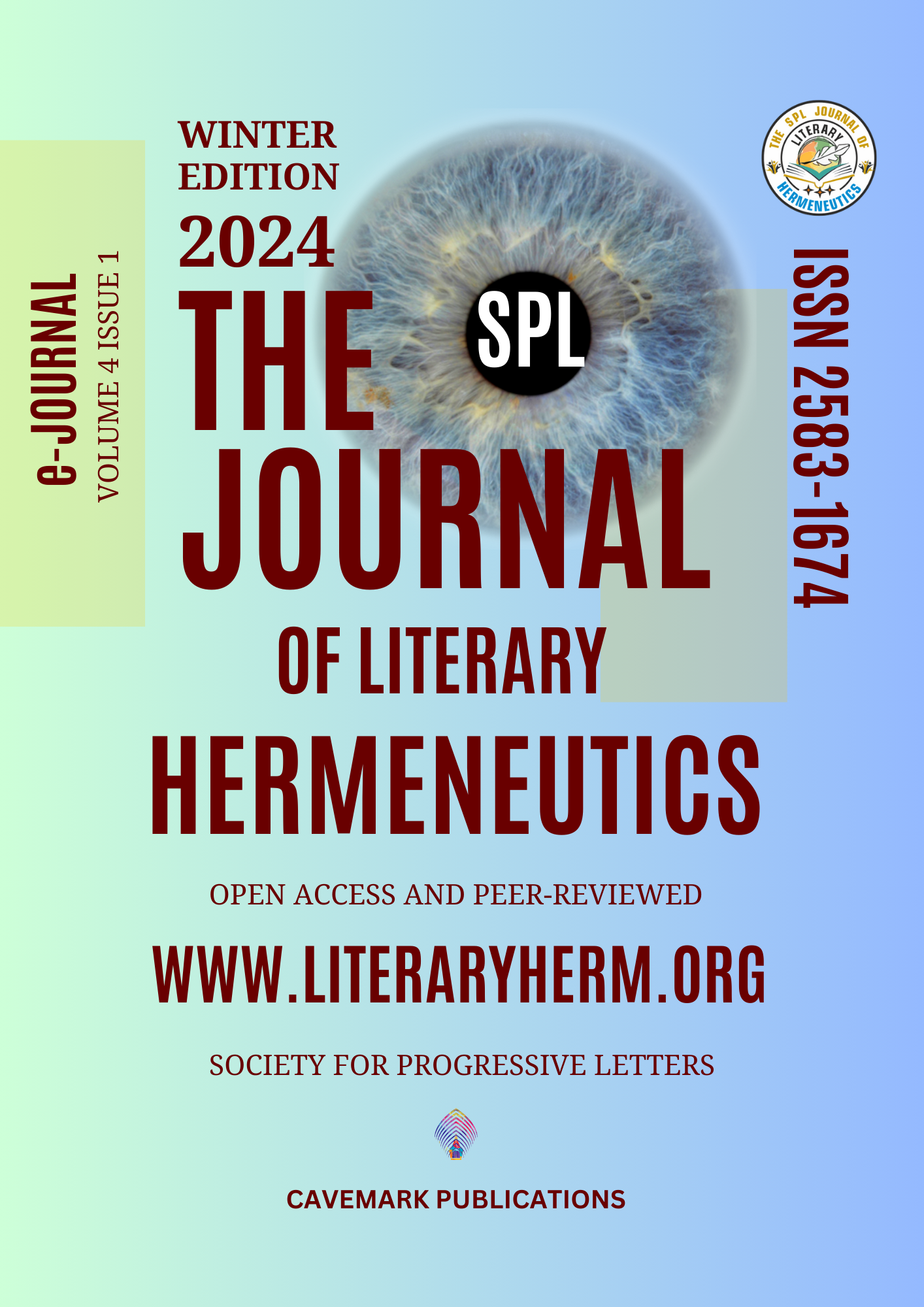Cultural Transformation and Individual Identity: A Study of Assimilation in the Novels of Bharati Mukherjee
Keywords:
Sufferings, Women, Identity and Cultural Transformation, Jasmine, Multiple Identities, Desirable DaughtersAbstract
Aim: The Aim of the paper is to show the Indian women struggle in the society for their rights. My aim in this paper is to analyse the sufferings faced by women in Identity and Cultural Transformation. In the novel Jasmine, we analyses that there are multiple identities of the main protagonist. Jasmine meets different people and her identity changes according to their will. Jasmine had suffered many challenges when she goes to America to fulfil her dead husbands wish. In desirable daughters by Bharati Mukherjee, there are three daughters who are having different paths in their life. And the main protagonist named Tara did not wanted to marry and wanted to continue her studies further. But because of her father she had to get married. Then she tries to find her own identity.
Methodology: Firstly, I read the primary text by Bharati Mukherjee. Then I did secondary reading and read some research articles on this topic. Simultaneously, I had formed a comparative analysis of both the chosen text and framed the outline for my paper. Thereafter, I studied the two texts on the aspect of assimilation, cultural identity and transformation.
Outcome: Through this paper, the researcher has found the struggles to identify in oneself in a new country and challenges one faces in cultural assimilation.
Conclusion: In Bharati Mukherjee's novels Jasmine and Desirable Daughters it is clearly shown that how women struggles for their identities. Both of them struggle a lot. In Jasmine novel the protagonist undergoes a journey of self-identity. The protagonist is shown as a courageous woman who tries to adapt herself to the life of America. In the Desirable Daughters, the protagonist remembers a past story and she finds a sense of peace in her life at the end.
Downloads

Published
How to Cite
Issue
Section
Copyright (c) 2024 Shraddha Agarwal

This work is licensed under a Creative Commons Attribution-NonCommercial 4.0 International License.












